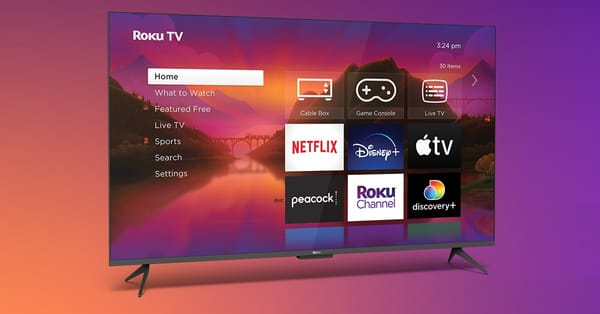What are the best blogging platforms?

Blogging has become a popular means of communication, sharing thoughts, opinions and ideas on the internet. With the rise of digital content and the need for businesses and individuals to have a strong online presence, the number of blogging platforms has increased dramatically. Choosing the right platform to blog can be confusing and difficult, but it is a crucial aspect of starting a blog. In this article, we will review some of the best blogging platforms available today, and what makes them stand out from the crowd.
- WordPress
WordPress is the most popular blogging platform on the internet and powers over 35% of all websites. It is an open-source platform, which means that it is free to use, and users can access the code and make changes to it. WordPress has a large community of users, which means that there is a wealth of information, tutorials and support available.
One of the key advantages of WordPress is its flexibility. It has thousands of plugins and themes available that can be used to enhance the functionality and design of a blog. WordPress also has a powerful content management system (CMS), which makes it easy to create, manage and publish blog posts.
WordPress offers both free and paid options. The free option, called WordPress.com, is a basic version of the platform and has limited functionality. The paid option, called WordPress.org, is more powerful and offers more advanced features.
- Blogger
Blogger is a free blogging platform owned by Google. It is an easy-to-use platform that is perfect for beginners and individuals who want to start a personal blog. Blogger has a simple and intuitive interface, making it easy to create, publish and manage blog posts.
One of the key advantages of Blogger is that it is integrated with Google products such as Google AdSense, Google Analytics and Google Search Console. This makes it easy to monetize a blog and track its performance. Blogger also has a range of templates available that can be used to customize the look and feel of a blog.
- Medium
Medium is a unique blogging platform that has a focus on quality content and community. It is a great platform for individuals who want to share their ideas and thoughts with a large audience. Medium has a clean and modern interface that makes it easy to create and publish blog posts.
One of the key advantages of Medium is its community of users. Medium has a large and engaged community of users who are interested in quality content and ideas. This means that blog posts published on Medium have the potential to reach a large audience and can generate significant traffic.
Medium is also an ideal platform for businesses that want to build their brand and establish themselves as thought leaders in their industry. It is a great platform to publish articles that demonstrate a company's expertise and knowledge in a specific area.
- Wix
Wix is a website builder and hosting platform that also offers a blogging component. It is an easy-to-use platform that is perfect for beginners and individuals who want to create a blog or website quickly and easily. Wix has a drag-and-drop interface that makes it easy to create, publish and manage blog posts.
One of the key advantages of Wix is its flexibility. Wix offers a range of templates and design options that can be used to create a unique and professional-looking blog or website. Wix also has a range of plugins and tools available that can be used to enhance the functionality of a blog or website.
Wix is a paid platform, and its pricing plans vary based on the features and functionality required.
- Ghost
Ghost is a modern and lightweight blogging platform that is designed for professional bloggers and content creators. It is a fast and simple platform that is easy to use, yet offers advanced features and customization options. Ghost is an open-source platform, which means that users can access the code and make changes to it.
One of the key advantages of Ghost is its focus on writing and content creation. Ghost has a minimal and distraction-free interface, which makes it easy to create and publish blog posts. The platform also has a range of customization options, including themes and plugins, which can be used to enhance the design and functionality of a blog.
Ghost is a paid platform, and its pricing plans vary based on the features and functionality required. The platform also offers a self-hosted option, which allows users to host their own blog on their own server, giving them complete control and ownership of their content.
- Squarespace
Squarespace is a website builder and hosting platform that also offers a blogging component. It is a simple and intuitive platform that is easy to use, yet offers a range of customization options and advanced features. Squarespace has a drag-and-drop interface that makes it easy to create, publish and manage blog posts.
One of the key advantages of Squarespace is its design and aesthetic. Squarespace offers a range of templates and design options that can be used to create a unique and professional-looking blog or website. Squarespace also has a range of plugins and tools available that can be used to enhance the functionality of a blog or website.
Squarespace is a paid platform, and its pricing plans vary based on the features and functionality required.
In conclusion, there are many great blogging platforms available today, each with its own set of advantages and disadvantages. Choosing the right platform depends on the needs and goals of the blogger. For those looking for a simple and easy-to-use platform, Blogger or Wix might be the best choice. For those looking for a powerful and customizable platform, WordPress or Ghost might be the best choice. For those looking for a platform that emphasizes design and aesthetics, Squarespace might be the best choice. Whatever the needs and goals, there is a blogging platform out there that can help make blogging easy, fun and successful.




